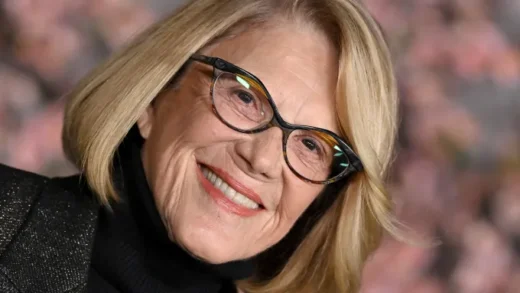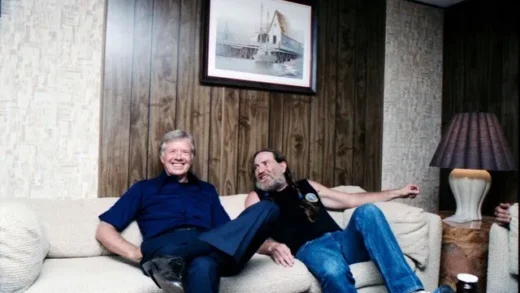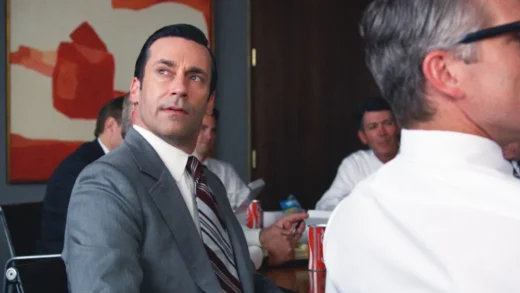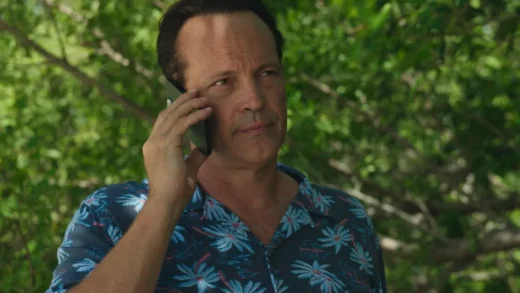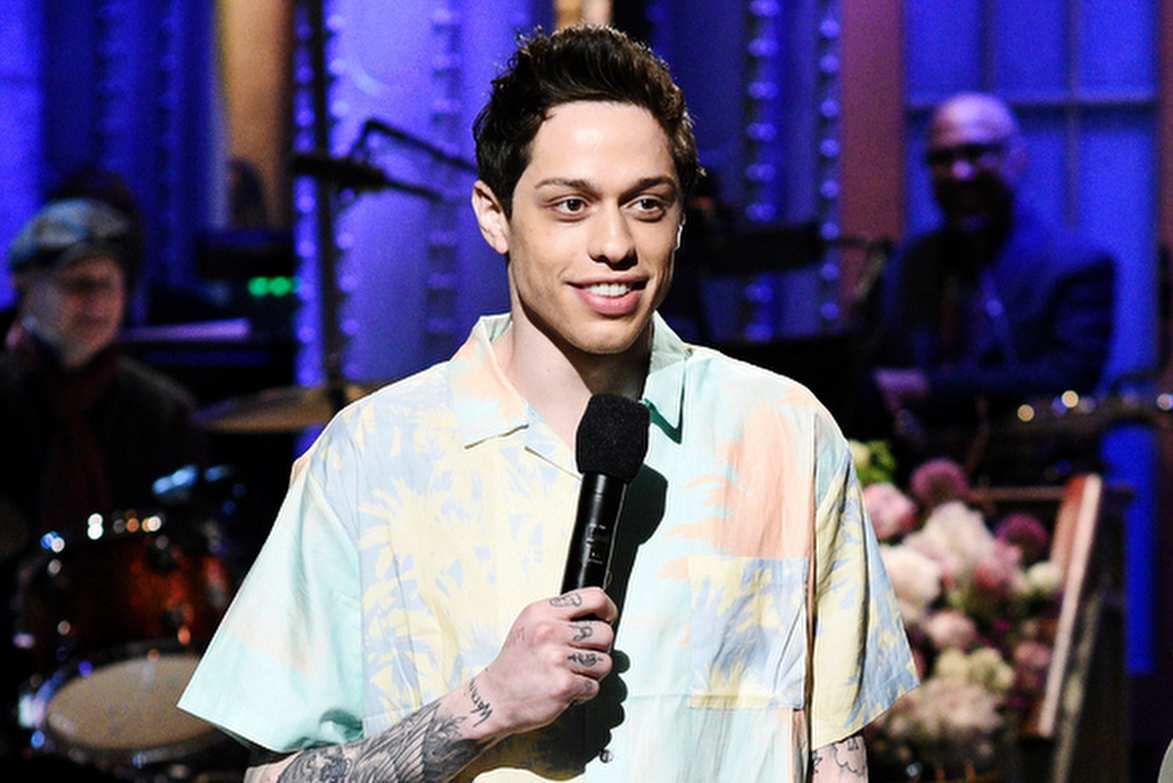It was recently revealed that Pete Davidson, SNL cast member/celebrity ex-boyfriend/enthusiastic tattoo canvas, made audience members at his San Francisco Sydney Goldstein Theater show sign a $1 million NDA before being granted admittance. The NDA included the following language:
“The individual shall not give any interviews, offer any opinions or critiques, or otherwise participate by any means or in any form whatsoever (including but not limited to blogs, Twitter, Facebook, YouTube, Instagram, or any other social networking or other websites whether now existing or hereafter created).”
Serious stuff! This is the most extreme stance yet in comedians’ efforts over the last few years to crack down on people recording their material before they’re ready to officially release it. (The most talked-about example of this approach is Dave Chappelle having people put their cell phones in locked Yondr pouches, a policy later adopted by Louis C.K. and Aziz Ansari.)
Stand-up comedy is a form created in public. A comedian builds an act by trying and failing in front of a live audience. Before it is filmed for a special or a late-night set, the comedian will try it in increasingly larger venues. Traditionally, this is done with an implicit social contract that the audience isn’t going to interrupt the performance or, say, film it and put it online before it’s done. But that contract has become increasingly complicated in the era of comedy reviews, gossip blogs, and social media. It’s understandable, then, that comedians would seek ways to protect their gestating work. The question is how far they’re going to take it — and whether they even can keep audiences from leaking their material. Is Davidson’s choice to make fans sign NDAs an isolated incident or a sign of a new trend in live stand-up? Is it too extreme, or is it reasonable?

